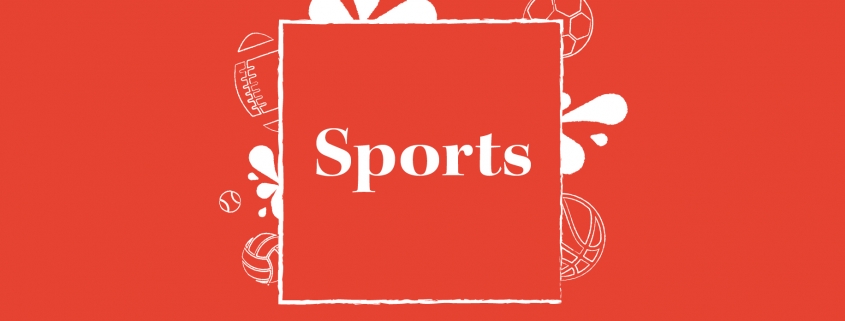Behind the Jersey: We must address the struggles of Black women in soccer
“You’re athletic,” “You’re strong,” “You’re fast,” “Just run — you’re lucky.”
For any Black female soccer player, these words were the only descriptors ever afforded by coaches and peers during their playing careers. It is not until years down the road that you realize these were not compliments but racially charged microaggressions used to minimize your success and inhibit your potential.
They were always subtly hinting at the idea that our success is owed to the phenotypical stereotypes of our race rather than because of hours of practice and effort. Even when you are successful, coaches offer praise by comparing you to the few well-known Black faces in women’s soccer. To me, scoring does not make me Sydney Leroux or Crystal Dunn — it makes me a successful player all on my own.
I can still think back to when I was about 10 years old, wondering why I was never called talented. My white teammates were often showered with this accolade. They heard things like “you’re gifted,” “you work so hard” and “you’re such a smart player.” But I never did.
The praise I always heard seemed to echo the stereotype of Black people being “specimens” naturally born to run fast or jump high. While I spent the same amount of time in practice, practiced the same drills and worked on the same skills as my white teammates, at the end of the day, my merit was chalked up to natural ability and never talent or hard work. Those coaches selectively picking and choosing what praise was given to whom created a huge divide that I was not even aware of until many years into my soccer career. It became an Us versus Them mentality.
The reality was that we encompassed about one or two players and They were the remaining 16 or 17 team members. You do the same drills and excel, but for some reason everyone seems surprised when you perfect them. Your coaches and teammates are thinking: Wow, it must have been luck.
There have been times when myself and other Black players began to notice that we were being given fewer reps. I had one particular club coach who would say I “didn’t need to work on it anymore” and I could “take a break” while the rest of my teammates could continue practicing their skill work. I firmly believe every rep counts — so what makes my time worth less than my white counterparts?
Being the only Black player on my team for the majority of my life, I just accepted the fact that maybe it is just me. I started to internalize these racially motivated microaggressions no matter how hard I tried to tell myself they weren’t true. However, soon I realized it was happening to every Black girl on every team. The subtle smile before and after games when seeing another Black player represented a noted sense of solidarity. I always felt it, but I didn’t really know what it meant at the time. It was this year that made it clear.
With the growing Black Lives Matter movement and the platform athletics is giving modern day athletes, several Black soccer players have stepped up to be a voice. Recently, in the National Women’s Soccer League, Black players formed a coalition to demand better from each individual team and their league overall. More importantly, it became a safe space for the few Black players in the league while offering support to younger generations.
Harvard graduate and current member of Sky Blue FC Margaret Purce has focused her activism on the inequality in the technical development of young Black girls. Technical skills include passing, dribbling through cones and reading the game from a tactical standpoint. And as I noted earlier, coaches will often take technical reps away from Black players to give white players more or even insist that the Black players “don’t need them” because of their stereotypical beliefs about Black athletes. Not only does this limit future success, but it leaves players fighting a mental battle created by coaches over the years.
It was something I had to overcome along with my Black teammates here at USC. It is like playing a never-ending game of catch up. At 15, I was working on technical skills I should have been taught at the age of 12 because I was always told to “just run by them.” We all came from different parts of the country, different teams and different coaches, yet our stories were all too similar.
I soon came to realize there was a unique reason we all ended up at the school we did. Not only is USC one of the best soccer programs in the country, but our head coach, Keidane McAlpine, is one of the most decorated Black coaches in the game. He was one of the first coaches to bring up more than just my athleticism by noting specific parts of my game that were technical and not genetic.
For the first time in my 17-year soccer career, I feel as if being a Black player is not a disadvantage. His coaching philosophy is one that focuses on all the small details: using the right foot to pass, proper defensive footwork, communication with teammates, etc. I am grateful to be seen as more than just an athletic Black girl. For the first time in a long time, I am a soccer player. I hope that one day, all Black female soccer players will be taken seriously and called talented as well as hard-working.
Bel Rolley is a sophomore defender on the USC women’s soccer team. She is writing for “Behind the Jersey,” a rotating column among members of USC’s United Black Student-Athletes Association. The column runs every other Wednesday.

